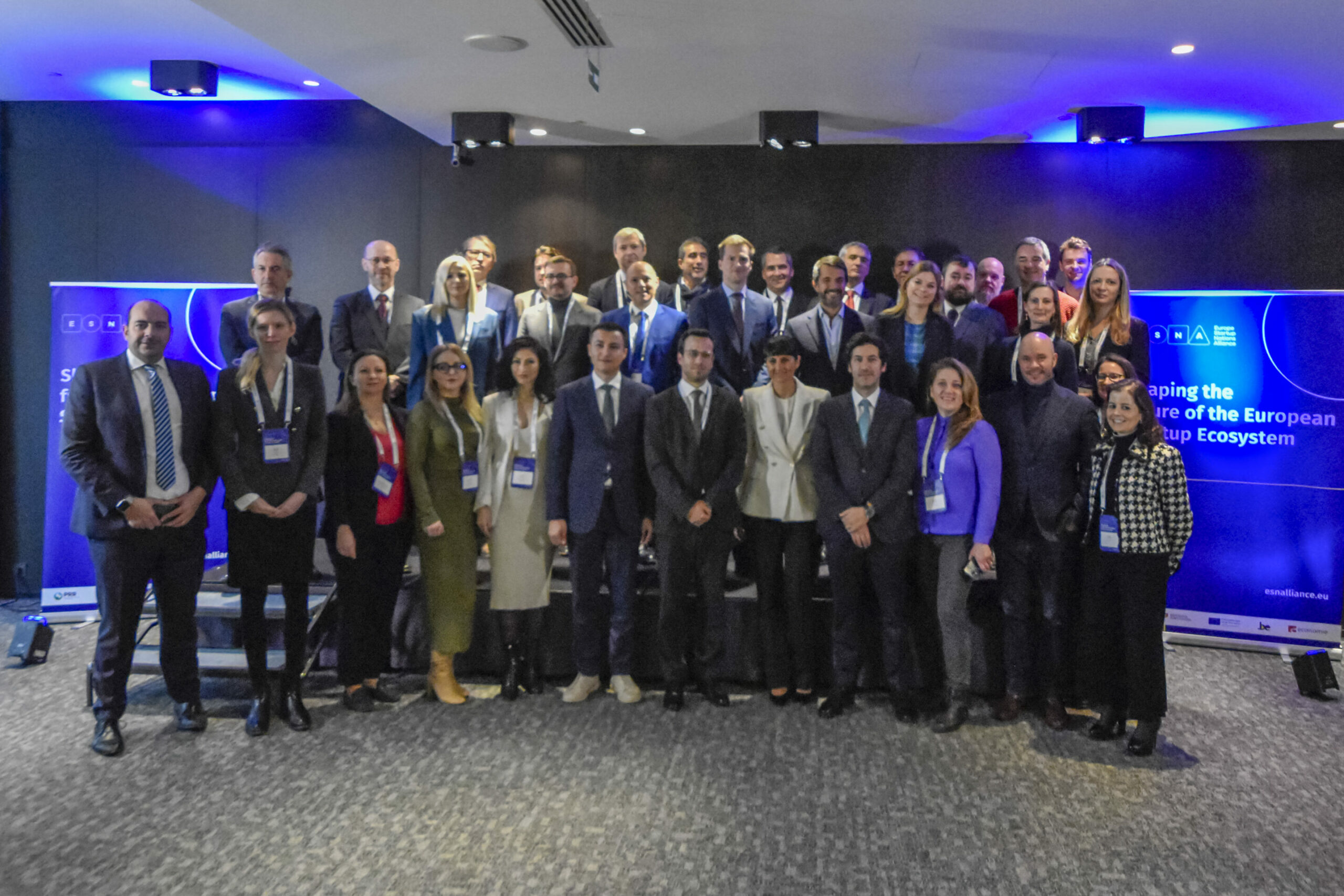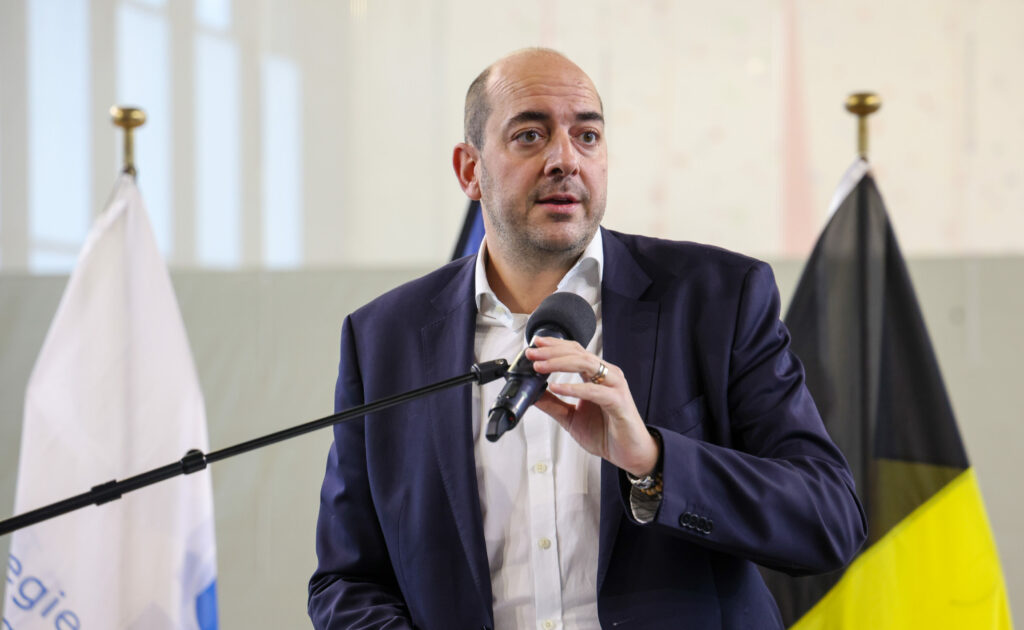Belgium has the potential to be a "major startup hub" in Europe but is "really far" off the mark, with the current process of setting up a company inefficient and costly, says Mathieu Michel (MR), Secretary of State responsible for Administrative Simplification.
Speaking to The Brussels Times at a forum held in Brussels by the Europe Startup Nations Alliance (ESNA), outgoing Secretary of State Michel said that his liberal party is pushing to cut employment taxes and simplify procedures for businesses in the next Federal Government term.
The ESNA is supported by 26 EU Member States as well as Iceland and Ukraine, and advocates for startup-friendly policies in Europe, as well as supporting and sharing best practices to encourage new businesses in member countries.
Arthur Jordão, ESNA’s Executive Director, told The Brussels Times that the gold standard for facilitating startups in Belgium would contain three elements: setting up a company should take less than a day; it should cost less than €100; and Belgium should accept administrative paperwork from other countries to allow entrepreneurs from elsewhere in Europe to transfer to Belgium or open a branch here.

Attendees at the ESNA forum in Brussels on Wednesday, when Ukraine, Italy and Romania officially joined the alliance. Credit: ESNA
Michel admits that Belgium is still a long way off being a fast and inexpensive place for new companies to set up. He outlined that it currently takes a couple of weeks to set up a company here and initial accounting and notary fees are in the region of €1,000 to €2,000. On top of this, Belgium's "institutional complexity" presents another barrier to business and regions, provinces, and cities should find "a common process" to remedy this.
Citing the digital wallets that were rolled out for citizens in Belgium earlier this year following the publication of EU guidelines on electronic ID systems, Michel said that the State is now working on a similar digital tool for businesses. He believes there is a "lot of energy" that Belgium could harness to become a startup hub and points to the untapped potential of Belgium's universities, which Michel says are brimming with creativity and innovation that could be fed into startups and then scaled into bigger businesses.
Federal negotiations will shape 'positive context for investment'
Questioned on whether the ongoing negotiations to form a Federal Government (which have now dragged on for more than 170 days) make Belgium less attractive to startups and foreign investors, Michel said discussions are focusing on how to improve the prospects for businesses.
"We are currently negotiating how to simplify [procedures in] Belgium and bring our taxation down," Michel stated. He added that the francophone liberals MR are working to improve the investment opportunities in Belgium, but acknowledged that this is a complicated process.
The ESNA forum in Brussels continues until Thursday and follows the publication of an ESNA analysis of the European startup landscape, which assesses the past 20 years and looks forward to priorities for the next European Parliament term. To make it easier for startups to cross borders within Europe, Jordão said that bureaucratic red tape in Europe must be "untangled". Doing so will open up new markets.
"For a European startup to have access to the same market size as an American startup, it would need to start operations in 23 countries at the same time. We can only imagine what that would mean in terms of administration."
Europe needs to 'step up its game'
The ESNA is campaigning for the "28th regime" to be implemented, an EU regime that would harmonise the rules for startups across Member States.
Jordão recognises that this is a "very high mountain to climb" and argues that in the meantime there is "low-hanging fruit" for the incoming European Parliament to address. Specifically, Europe must "up its game" to cut red tape, examine how intellectual property is managed, focus on talent and funding and foster entrepreneurial culture.

